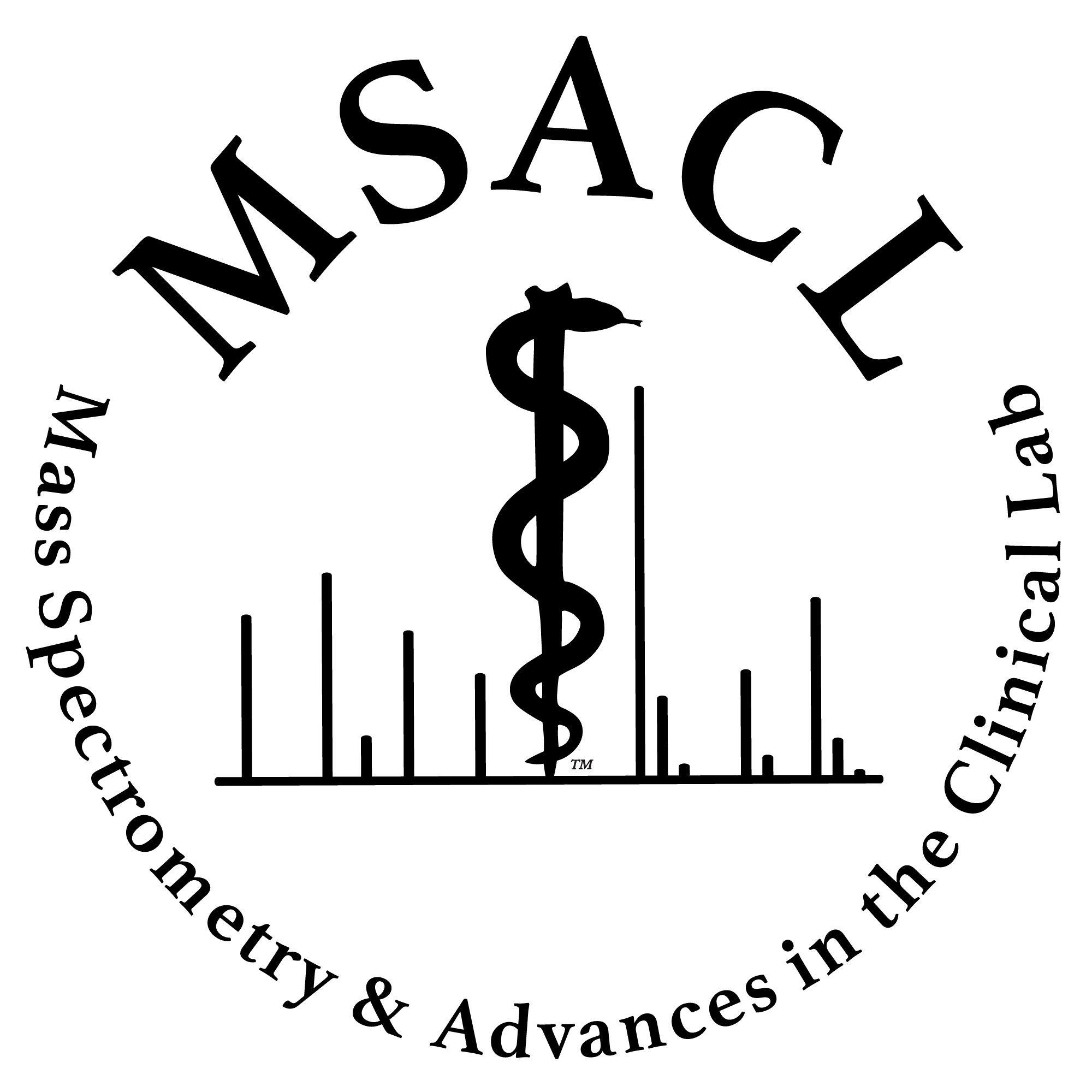 Molecular Heterogeneity in Human Pancreas, Kidney, and Eye Revealed by Multimodal Spatial Atlases Molecular Heterogeneity in Human Pancreas, Kidney, and Eye Revealed by Multimodal Spatial Atlases
Angela R. S. Kruse 1,2, Kristie I. Aamodt 3, Chunhua Dai 4, Morad C. Malek 1,2, Roy Lardenoije 5, Lukasz Migas 6, Melissa A. Farrow 1,2, Diane Saunders 4, Raf Van de Plas 6, Joana P. Goncalves 5, Richard M. Caprioli 1,8, Alvin C. Powers 3,4,7, Jeffrey M. Spraggins 1,2,8,5
1 Mass Spectrometry Research Center, Vanderbilt University, Nashville, Tennessee, USA.
2 Department of Cell and Developmental Biology, Vanderbilt University, Nashville, Tennessee, USA.
3 Department of Molecular Physiology and Biophysics, Vanderbilt University School of Medicine, Nashville, Tennessee, USA.
4 Division of Diabetes, Endocrinology and Metabolism, Department of Medicine, Vanderbilt University Medical Center, Nashville, Tennessee, USA.
5 Department of Intelligent Systems, Faculty EEMCS, Delft, Netherlands
6 Delft University of Technology, Delft, Netherlands
7 Veteran Affairs Tennessee Valley Healthcare System, Nashville, Tennessee, USA.
8 Department of Chemistry, Vanderbilt University, Nashville, Tennessee, USA.

|
Angela Kruse, PhD (Presenter)
Vanderbilt |
|

